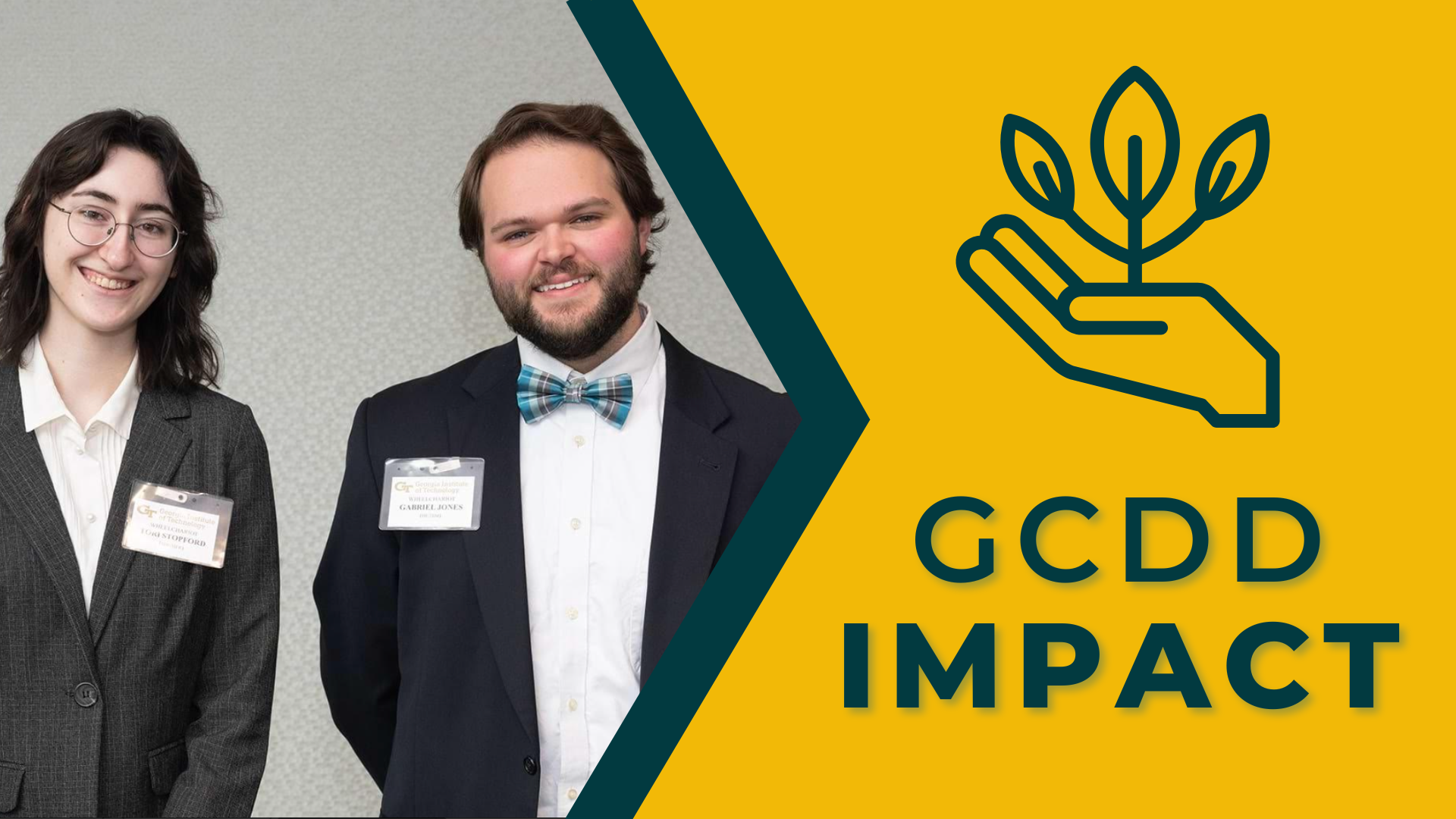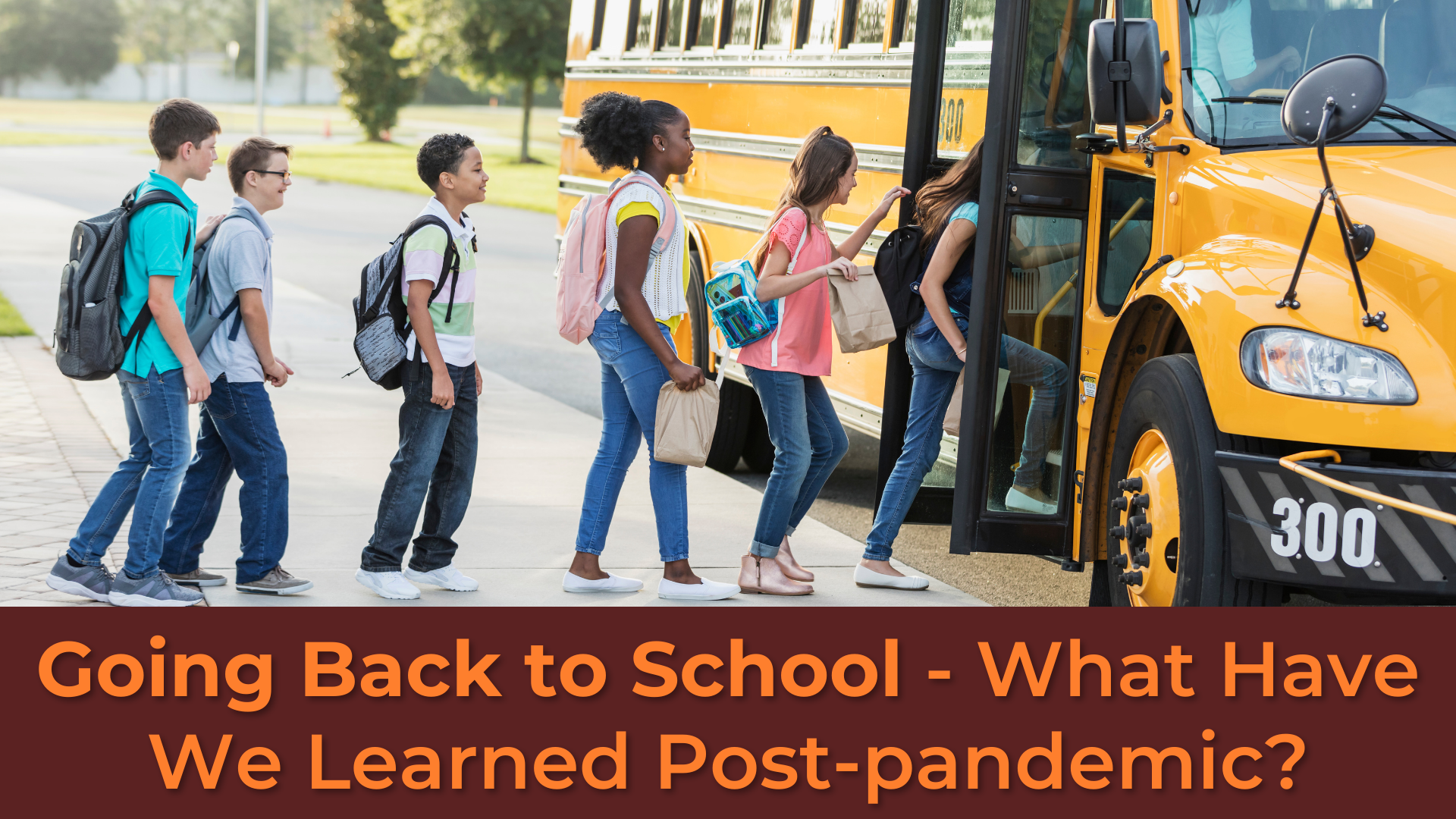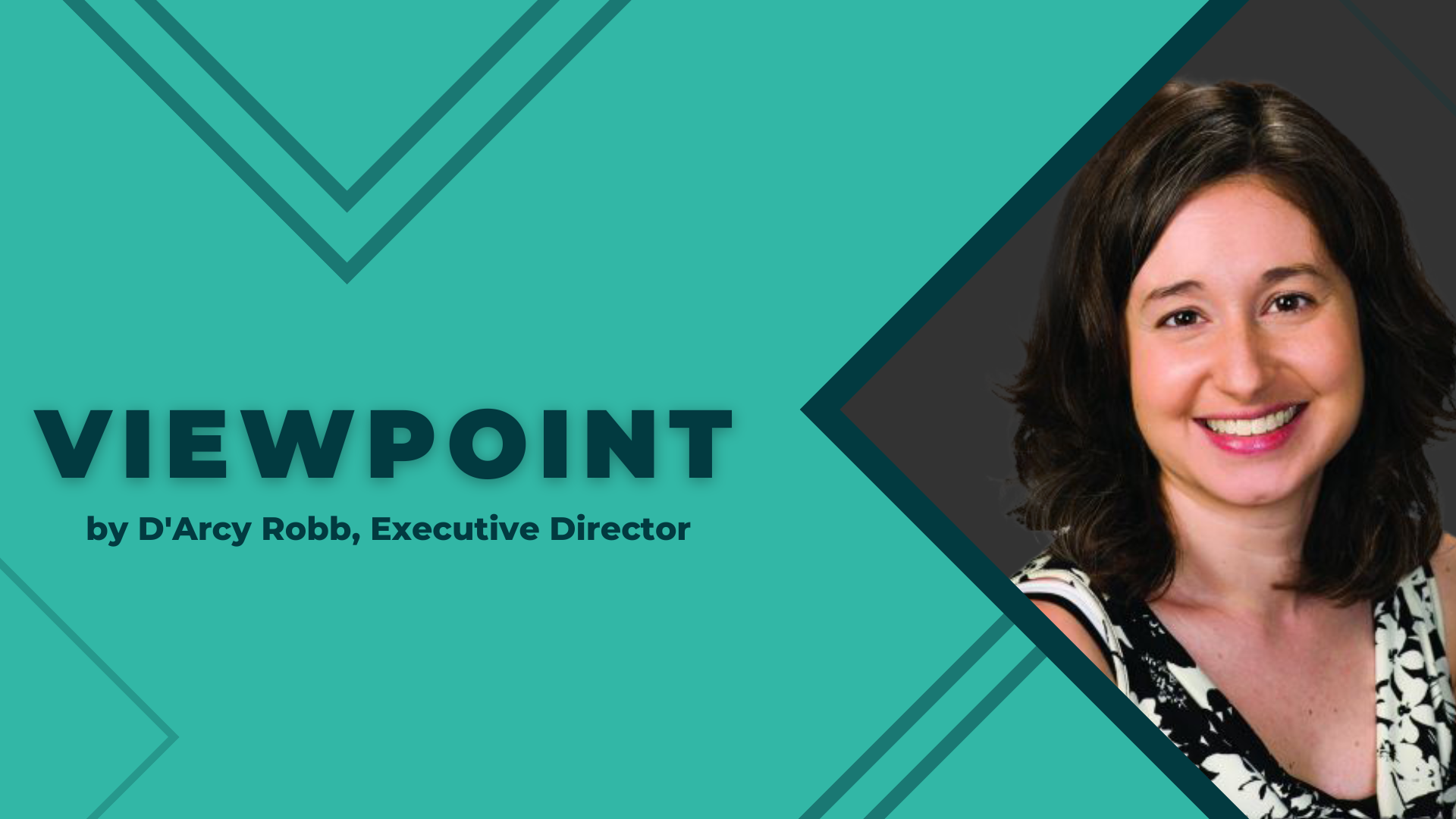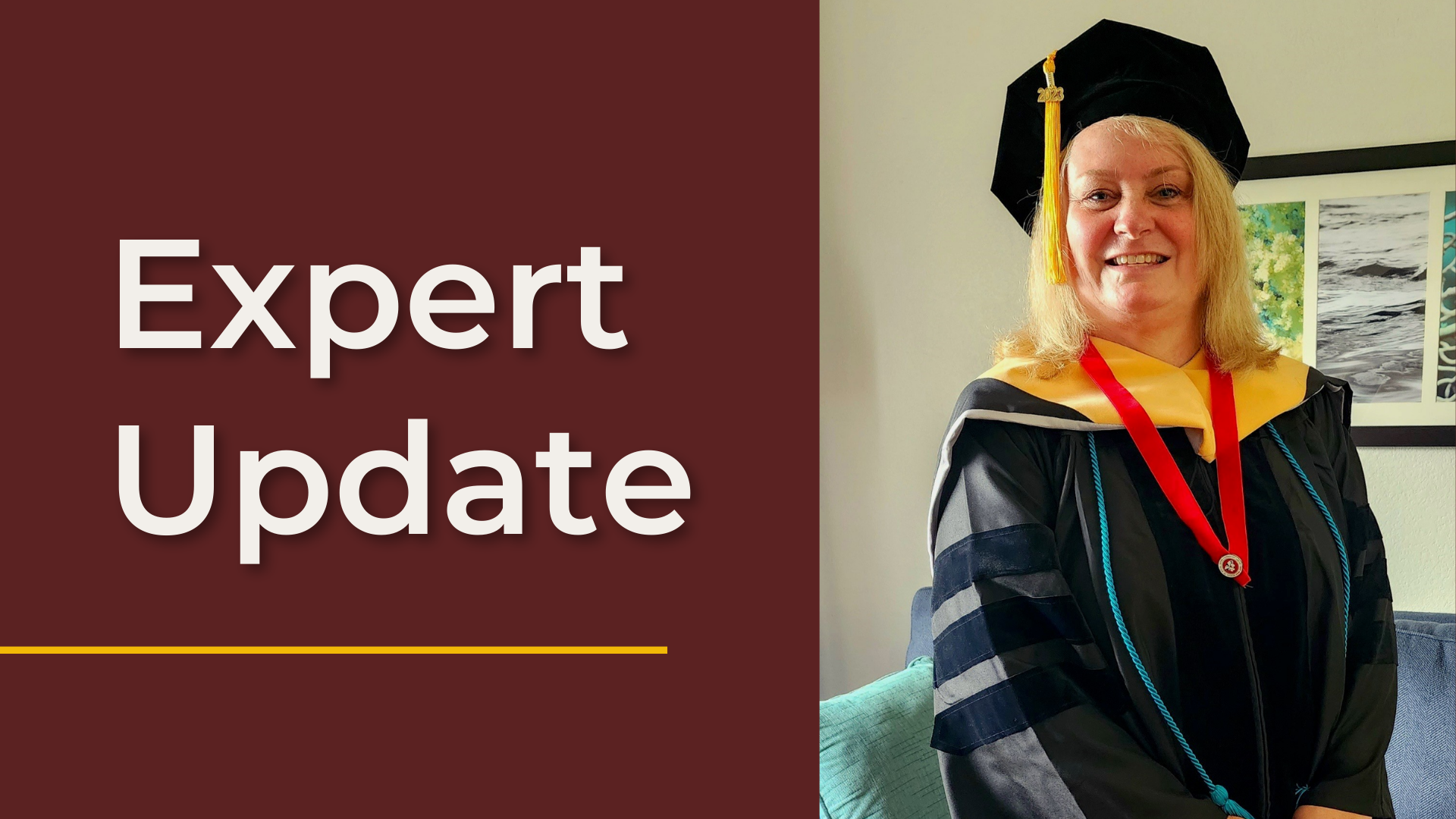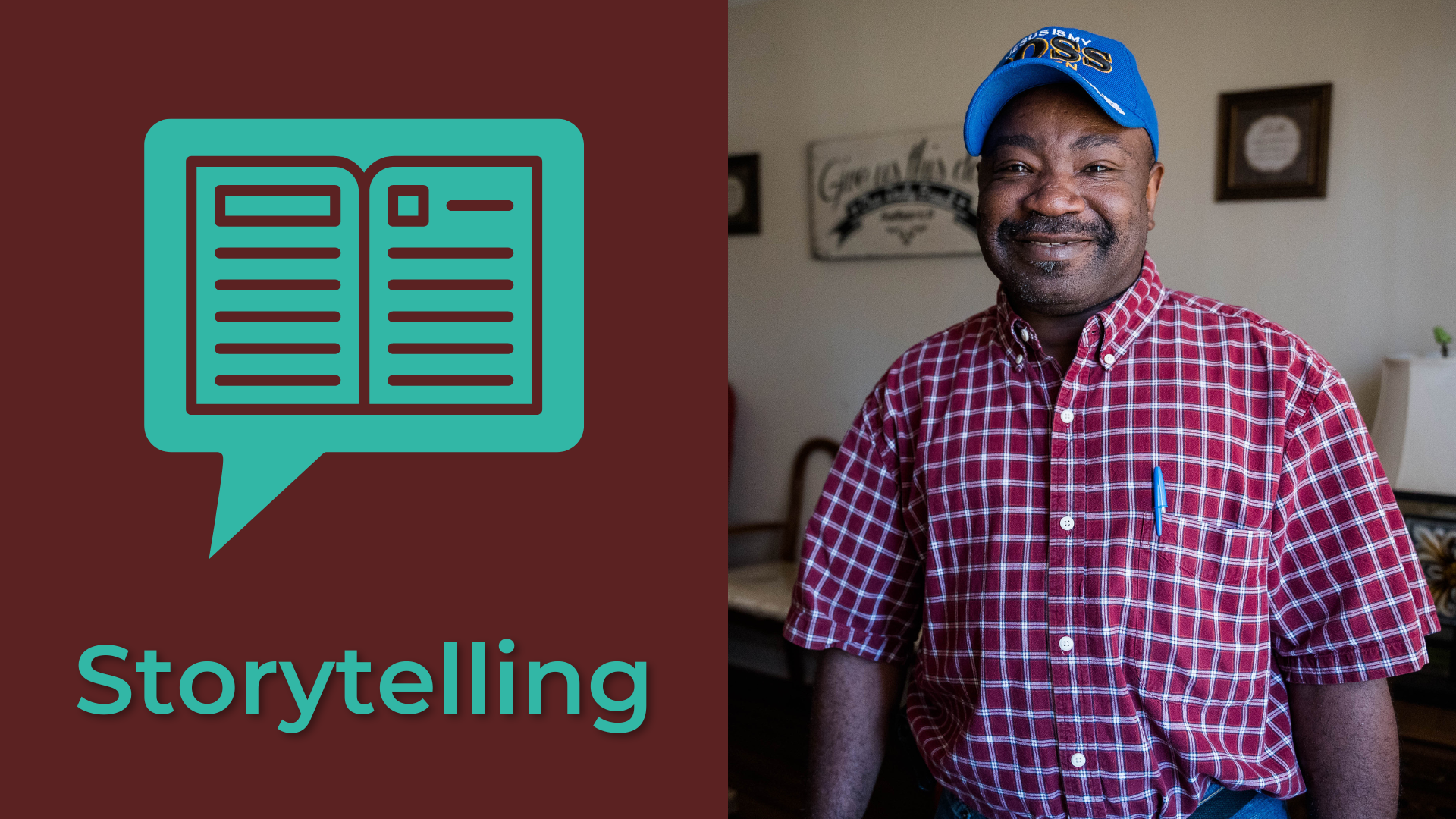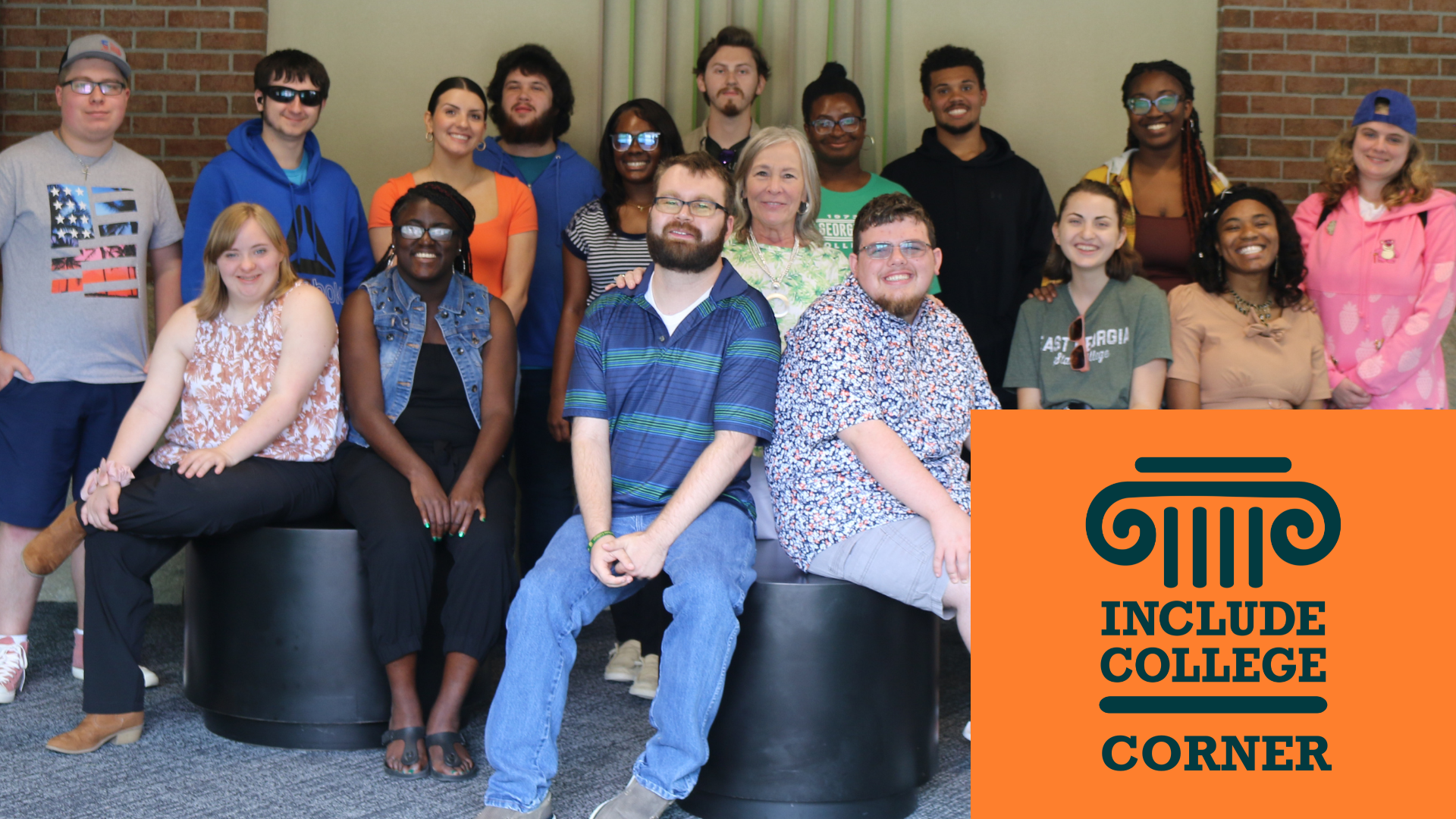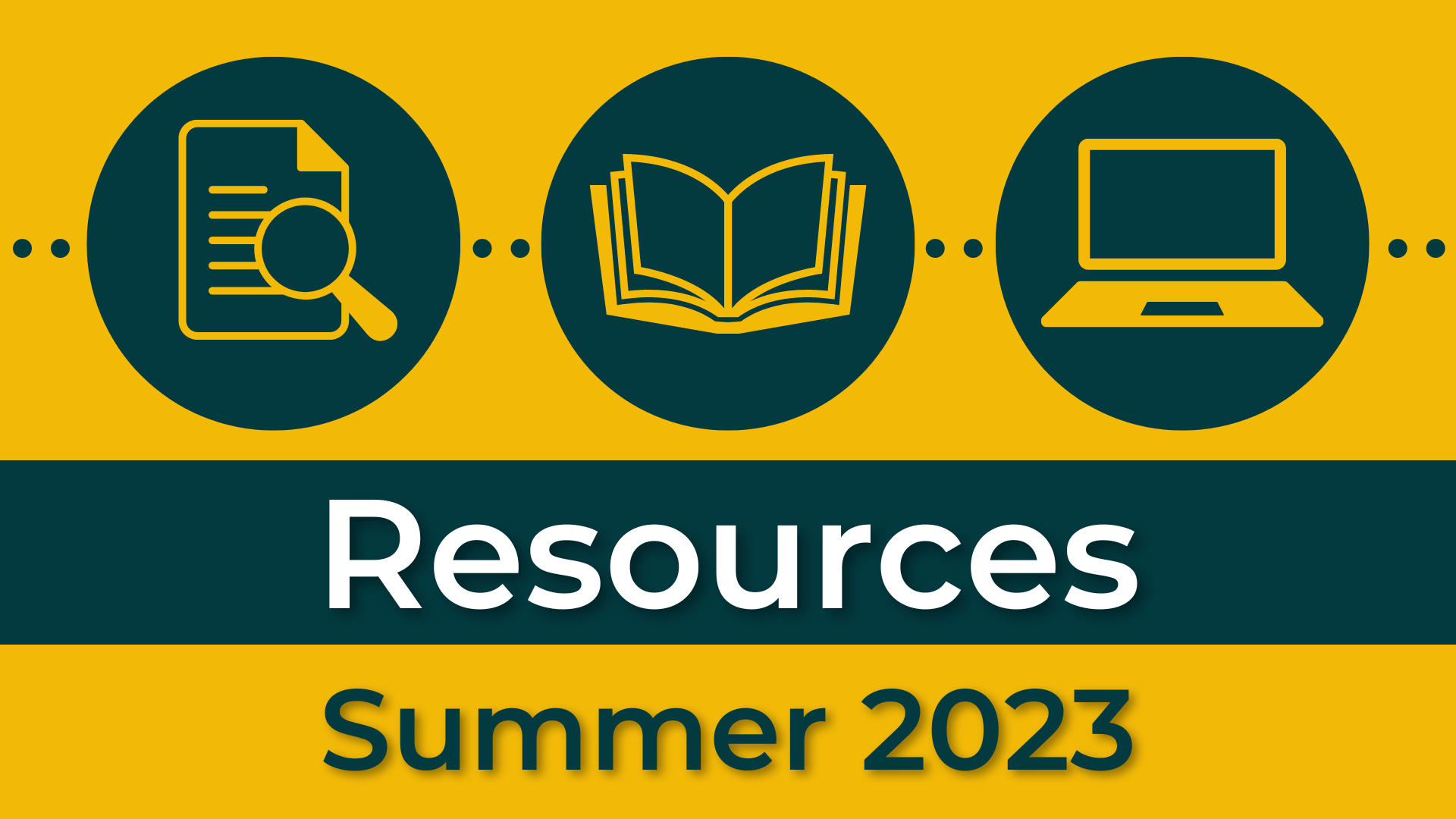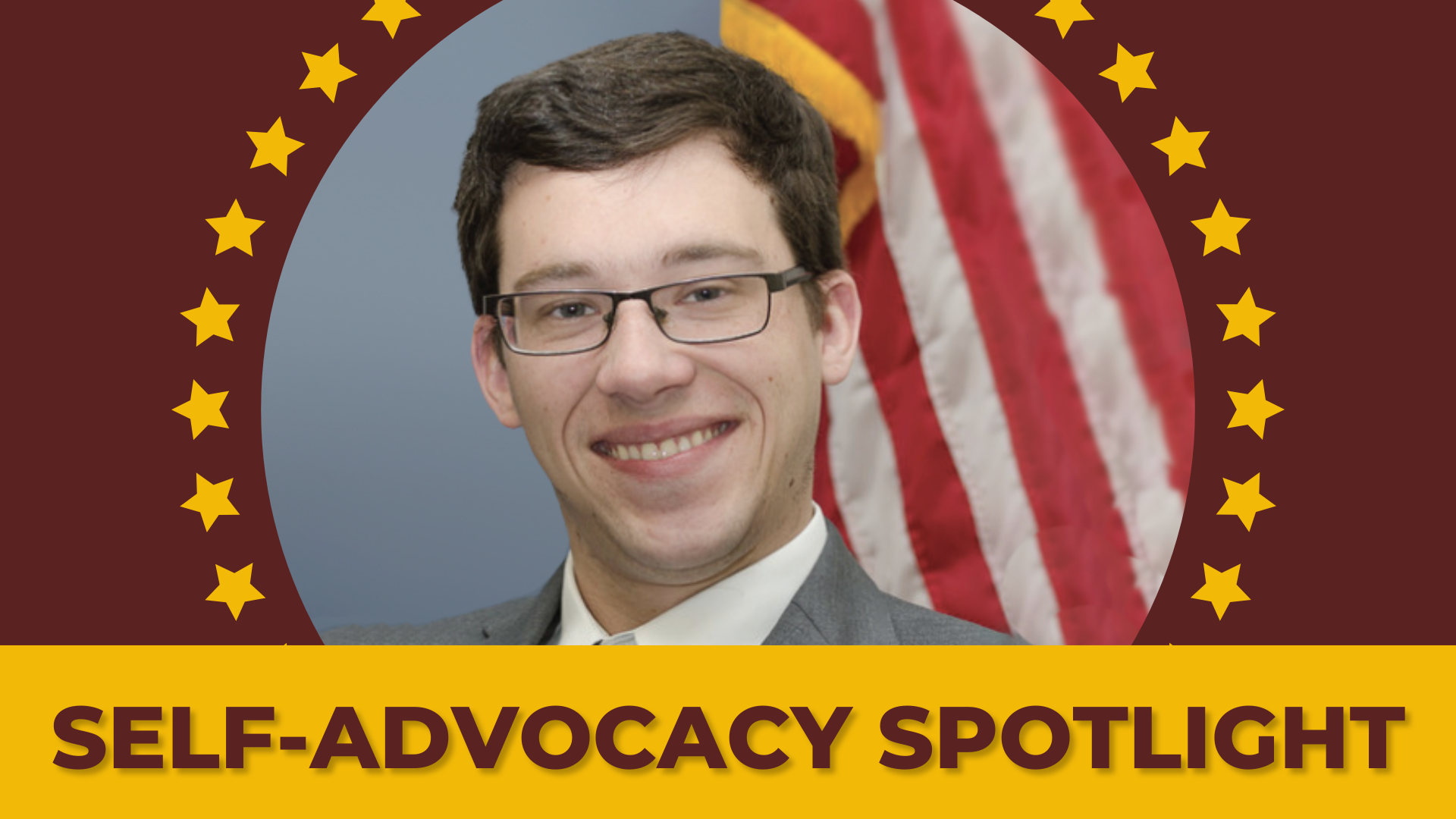The onset of the COVID-19 pandemic profoundly impacted individuals and families across the globe, disrupting daily life like never before. The reverberations of the pandemic were felt across every facet of our lives, especially in education.
The impact greatly affected students with disabilities and their families. With the shift from in-person learning to remote learning, many students faced challenges accessing the accommodations and support they needed to succeed in their studies. Additionally, the closure of schools and universities had led to a lack of social interaction and community for students with disabilities, which had negative effects on their mental health.
The pandemic has highlighted the need for more inclusive and accessible education, as well as the importance of providing resources and support for students with disabilities during times of crisis.
In a report titled Education in a Pandemic: The Disparate Impacts of COVID-19 on America’s Students released from the U.S. Department of Education, Office for Civil Rights, observations highlighted the significant disruption of education and related aids and services needed to support students with disabilities and their academic progress and prevent regression.
The report also highlights signs that those disruptions may be exacerbating longstanding disability-based disparities in academic achievement.
Wina Low, State Director, Special Education Services and Supports at the Georgia Department of Education (Ga DOE) shares what the department has learned in these past few years.
Low’s office is responsible for ensuring that children with disabilities are appropriately provided services and supports, and their family's rights are protected as well. A large component of the office’s work requires compliance, where it monitors programs at 224 local education agencies which includes charter schools.
“In the very early weeks [of the pandemic], there were a lot of different things being done by school districts to try to continue to maintain education,” says Low. “They quickly pivoted to online instruction, but our students with disabilities have such a wide gamut. We have many different eligibility categories and many different levels of and needs for service.”
While the research available is limited, a 2021 report from the Center on Reinventing Public Education (CRPE) and the Center for Learner Equity titled How Has the Pandemic Affected Students with Disabilities? states the following:
Early evidence suggests widespread and lengthy interruptions in students’ specialized services essentially disappeared overnight at the outset of the pandemic. Anecdotal reports suggest that many students who typically receive more extensive supports and services regressed during long months at home. Those with less-intensive needs made some progress but lagged that of their neurotypical peers in both engagement and academic growth.
Low adds, “While everyone went online, it was clear that the medium of delivery was not the best for students with some of the more significant disabilities. Many needed to have in person instruction. And that was, of course, a health concern to do that as well, but, they still tried to do the best they could with online instruction. Of course, in most cases, a parent was also there to help facilitate on the other end to guide through that.”
A New Frontier Creates a New Barrier
Online instruction also introduced a new barrier: the digital divide.
Digital divide is defined as “the economic, educational, and social inequalities between those who have computers and online access and those who do not,” according to Merriam-Webster.
The Individuals with Disabilities Education Act (IDEA) requires that special education services are provided to public school students across the country. Despite this, the pandemic disrupted student access to the specialized instruction, interventions, and accommodations provided through their Individualized Education Programs (IEP), according to an op-ed in The Hill.
The CRPE report found that the shift to remote learning prompted districts to arrange virtual and more easily accessible IEP meetings with teachers, staff, and families. It also catalyzed efforts to prepare parents to support student learning at home.
“There was a corporate effort from the [Georgia] Department of Education in the effort to bring education access to students at home,” said Low.
She said there were divisions, such as Information Technology, Rural Education, and Nutrition, all coming together to find ways to stay connected to the students while they were not physically in school, such as continuing bus routes to deliver meals to the students and their families. This also included access to the Internet so that students and families could get online.
The pandemic began in late spring of 2020, around the time that school was already getting ready to close for summer break. By the time the schools reopened in the fall, the Department of Education reportedly put hotspots on school buses so students could get access online.
“That was all a really big deal to do, but it was not all falling just on special education’s shoulders,” said Low. “There was a lot of support coming also from the state level, from the Governor's office, as well as from the federal level to break some barriers and get things done really quickly. And of course, the emergency funding came along with that too. But our children that have the most significant disabilities, that was probably our biggest challenge in effectively continuing to serve them.”
Those challenges that students with disabilities faced included physical, in-person access to therapies, instructions, and even socialization with their peers.
“As districts were trying to make that switch from face-to-face learning to virtual learning and distance learning, they tended to focus more on the academic components. It was new territory for them,” says Elise James, Programs Specialist, Transition Outcomes, Self-Determination Initiatives at the Ga DOE.
Where it did impact was transition services for those students who were getting ready to graduate high school.
In its overview of findings, the CRPE report cites that the negative impacts may be especially large for the youngest and oldest students— preschoolers aged three and up, in the earliest grades, and young adults nearing the age of twenty-one, when they transition out of special education and need new, community-based supports.
“When we talk about transition activities, a lot of them are hands-on types of activities that students really need to be in school in order to do,” says James. She refers to what the department calls community-based instruction or community-based vocational instruction.
This allows students to participate in the department’s 18-22 programs where they actually partner with businesses to place kids in those businesses and have the opportunity to work and get some work experience as well as build pre-employment transition skills.
“[The Department] didn't necessarily have activities in order to continue to work with our students on those transition skills and transition activities,” says James. “They were battling with trying to learn how to do the curriculum virtually and we knew that transition activities might be something that could take a backseat. We wanted to provide them with resources to be able to continue the work virtually.”
The office developed a website that focused on transition activities that has resources for Best Practices, Self-Determination, and Compliance. The site includes ideas for virtual activities that would allow students to develop employment skills in the areas of employment, going to college and more.
“These are the kinds of things that the students would've been doing in the classroom had they been there,” adds James.
“It’s evident that moving virtually has had a big impact,” adds Low. “It's made all of our students much more aware about using technology and navigating it. So I would say there's a great increased use of technology in our classrooms as well as those that still are learning through distance learning.”
The Biggest Gap
Low has been in education for 40 years. Out of her entire experience, she’s noticing a barrier like no other.
“In all my 40 years, I have never seen the gap that we have in teachers being available to be in the classroom,” she reflects, referring to the teacher shortage being felt across the nation.
According to Georgia’s available data, about 20% of special education teachers were turning over each year. Additionally the state was losing what it calls TAPP candidates, or Teacher Alternative Preparation Program. TAPP is a program for someone with a degree in a related field to switch to becoming an educator. They go through a summer program and they get support for the next two years through classes and mentorship.
According to Low, the agency loses about half of those candidates to regular education.
“They're not staying in special education because they say to us, ‘I can't learn all your rules, regulations, and paperwork and learn how to manage and teach the children.’ So we took from that, that they're not getting the preparation that they need and the support,” said Low. “So that was a big part of, if we're getting teachers in, but we're losing them after a year or two years, then what can we do to prepare them?”
The state has taken this issue at hand very seriously. The state agency partnered with the Center on Great Teachers and Leaders, which is a technical assistance agency out of the American Institutes of Research, housing the top leaders in the country on how to attract and retain teachers.
In conjunction with GaDOE, they developed a curriculum for a teacher induction program. The demand was unprecedented.
“I thought we would implement a few of the regions and do a few the next year. They all wanted it. And so if we had the demand, we wanted to do it. And it's been so well received by our districts,” says Low.
They operate it through each of its 18 regional centers across the whole state of Georgia. The agency does a train-the-trainer component to the directors, providing hands-on-training for teachers so the teachers can redeliver this training in their neighborhoods. Many teachers have gone through this training, citing 90-95% satisfaction rate.
“To see the relevance, reliability, satisfaction that they say they have, and to go back and use this information immediately is outstanding,” says Low, proudly. “That’s consistently been the path for the two years that we've had it in effect. So, this summer we're going to develop a second-year curriculum also based on high leverage practices.”
Low also says there is a common complaint heard from teachers across the country. Teachers are bringing to light the lack of adequate supplies, supports, equipment programs, and other necessities needed to instruct the children.
“We are trying to remove those barriers. The agency created the Special Education School Administrator's Academy, which is a semester-long, virtual course.We wanted to give them practical experience,” says Low. “We bring in a variety of speakers, including our own attorney from the Special Education division to talk about the law, and to give them particular scenarios.”
Low estimated 25 people to start with would be a great measure on the importance of this program. They had more than 150 people for the first semester, more than 400 for the second.
The Silver Lining
The pandemic recently ended, but there is still a lot of cause and effect that has yet to be seen, researched, documented, and addressed. While gaps and barriers were discovered, other gaps and barriers also closed.
“There definitely was a group of kids that really benefited from it and have flourished in that environment,” says Low, reflecting on students that had peer interactions that may not have been as positive in an in-person setting or where the student was a little more introverted or had anxiety.
“When we were able to go back in person, they requested to stay on the digital learning site, so that expanded the opportunities,” she adds. She references charter schools, traditional brick and mortar schools, the traditional districts, all which expanded digital learning and made it an opportunity not just for temporary learning, but something that students could continue in their education. According to Low, one of the biggest positive changes came to Individualized Education Program (IEP) meetings.
“We have to have at a minimum, a meeting on each child every 12 months to look at their IEP,” says Low. The meeting reviews what goals they've accomplished, and determine what new goals they need, and how they can best be served. Some parents or family members meet more often if the parent calls for the meeting or the school may too, but the one meeting per year is mandatory.
Special educators are strict with these timelines because missing them would be a violation of the rights of the child and the parent. And IEPs are a huge form of advocacy for students to be successful in the classroom. The meetings bring together a community of people whose supports and services impact the child's learning. This includes all the student’s teachers, and supplemental therapists such as occupational therapists, and speech pathologists. The meeting also needs to have a local education agency representative there that can commit resources.
“That’s about seven to eight people in one room, and a parent can feel lonely,” says Low. “I think the virtual option allowed them to feel more comfortable.”
However, moving virtual challenged teachers to think more creatively about fulfilling these timelines and how to move the meetings online. The results were outstanding.
“What we found is we almost doubled our parent participation as opposed to the in-person meeting,” said Low. “It was easier for the parents to attend, and they can interact and be in the meeting.” Low is now seeing 80-90% participation in IEP meetings.
The results also were evident in the office’s troubleshooting for transition planning to support students virtually. Transition planning is a component of IEP planning, so districts still had to ensure this was completed for its students to remain in compliance.
Building the website around transition planning, “we had more districts that were able to provide activities for their students to continue to do transition activities,” James says.
Being able to provide students with the activities that they would've been doing face-to-face in the classroom was really important to the work. The data on results of this virtual learning and transition activities are not available yet.
However, James says that these online resources have made going back in person a lot easier.
“When it was time to come back to school or when it was time to place kids on jobs, they were able to do that more easily,” says James, who says The Great Resignation was where a lot of people were leaving their jobs for various reasons. “They found it easier to place their students because there were more openings available.”
Leading the Way
Regardless of a pandemic, advocacy is the forefront for change. Advocating for oneself or on behalf of someone invites a movement towards something that can be impactful for all. Education for students with disabilities is no outlier. And involving students in their own education journey is important for Ga DOE. They run Active Student Participation Inspires Real Engagement (ASPIRE), an initiative around student-led IEPs. There are student-led IEPs going on around the state, and many districts are using student-led IEPs, even if they're not calling it ASPIRE.
According to the Ga DOE, the student-led IEP is a vehicle to assist students with disabilities to develop self-determination skills and behaviors.
By actively participating in their IEP, students learn about their strengths, challenge areas, interests, present levels, services and accommodations. Students have the opportunity to set goals, plan for their future, and develop self-advocacy skills. The teacher guides the student in activities that help the student understand the purpose and components of the IEP document thereby gaining the knowledge needed to participate in the IEP meeting. This helps meet the intent of IDEA and promotes effective transition planning.
“Student-led IEPs need to be done as early as possible, and that is pre-K,” says James. “And somebody may say ‘pre-K? How are they going to get involved?’ Well, the idea is not for them to be involved like you would expect a high school student to be at age 18. But if you are starting that early, you can actually do what we call ‘chunking’ and give them small pieces at a time so that by the time they get to high school, they're not trying to learn all of this at one time.”
Additionally, student-led IEPs allow students to advocate for themselves and it builds positivity.
It becomes about students having a say and doing it, and it also makes them aware that there's a meeting that goes on about them every year. Leading their own way allows the students to sharpen decision-making skills and problem solving.
“And they should know that.“A lot of kids don't know that until later. And then when they're older, it's all about what they can't do. It kind of changes that focus and it builds that self-advocacy and those self-determination skills,” says James.“The earlier they get that done, the more capacity they have when they get older to be more self-determined, and be a bigger advocate for themselves as opposed to reactive to the things going on in their lives.”
James remembers a student named Jamal. He was a student with significant cognitive disabilities and a significant speech impediment. She shared that is mother did not want him to participate in ASPIRE and felt like that was a waste of his time because she wanted him to learn.
“Her big fear was that he would get lost one day, get off the bus, the wrong place, or the bus driver let him off and not be able to tell anybody where he's from in Houston County. This is a kid who had a significant speech impediment. It was very difficult to understand him, but he liked to sing,” says James.
According to James, the teacher convinced his mom to try ASPIRE for one year, and if it was unsuccessful, they would stop the program. His mother agreed. Of the many things he learned, he used his love for singing to learn his address, his phone number and his name.
“That's what they were able to accomplish with him. His mother reflected on this, and said, ‘I didn't have any idea that he would ever be able to do the things he has learned to do. Not just that part, but other things.’ She said if he had been doing this earlier, who knows how far he would be.”
This also was impacted due to the pandemic. As IEPs moved online, so did student-led IEPs.
“COVID kicked them into a virtual world and they had no choice but to learn how to do that,” says James. “We found that most of the kids that we would get in these meetings were from the middle Georgia area and about three districts.”
To ensure participation, James says they created a hybrid leadership program. It's a two-semester program with coursework and it helps the students to learn about civic information, public speaking, communication, being a leader, self-advocacy, and more.
Today, they call it ASPIRE Ambassadors.
Advocating for a Meaningful Education
There is no one easy solution to the complexity of issues that existed before, formed during, and were worsened due to the pandemic for teachers and administrators, ultimately impacting students and their families. It was a collision that could only be met with reactionary solutions with proactive hindsight.
What we will learn from this and how education for students with disabilities will continue to pivot will be determined. But the sentiment for success remains the main goal.
“Our students are protected by their families, protected by the schools too,” says James, reflecting on Jamal’s success story. “We tend to put hedges around them too and say, ‘They can't do that. Don't expect them to do that. Don't expect that.’ But that doesn't allow them the opportunity not to fail.
“Failure is growth. This is how we learn, this is how we experiment. This is how we find out who we are and what we want. And, they'll move forward. But they don't get that opportunity. And so it's great when we hear these stories and see these stories.We are really focused on trying to improve the outcomes for our students,” adds Low. “Graduation rates have increased dramatically over the years, but our achievement scores still have a lot of room. I want to make sure that kids that are leaving us through graduation are truly prepared to be successful in life.”
